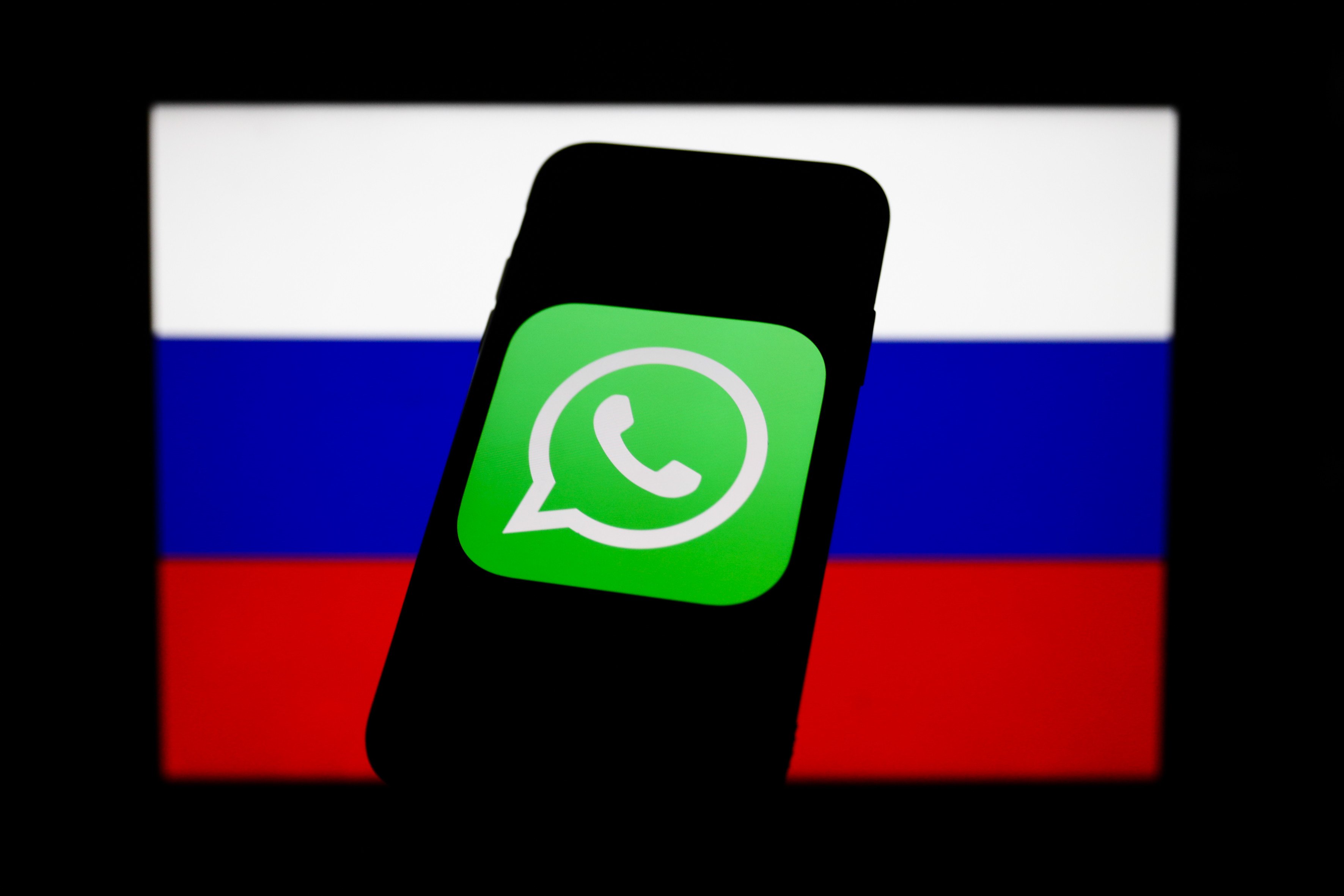The Russian government has issued a stern warning to Meta’s WhatsApp, threatening to ban the popular messaging platform in 2025 if it fails to comply with the country’s legal requirements. This ultimatum comes as part of Russia’s broader crackdown on foreign tech companies that refuse to align with its stringent legislation, particularly those involving user data sharing and security cooperation.
WhatsApp’s Compliance Dilemma
Artem Sheykin, Vice Chairman of the Council for the Development of the Digital Economy in Russia’s Federation Council, announced on Monday that WhatsApp must adhere to Russian regulations or face being blocked. Speaking to state-controlled news agency RIA Novosti, Sheykin emphasized that WhatsApp’s management must clarify how it stores user data and correspondence, and agree to share user information with the Federal Security Service (FSB).
“If the platform refuses to cooperate with Russian security agencies, it will have no place in our digital ecosystem,” Sheykin stated, underscoring the government’s demand for stricter compliance.

Russia’s History of Tech Crackdowns
Russia has a long-standing history of enforcing stringent measures against non-compliant foreign tech companies. Meta, WhatsApp’s parent company, was declared an “extremist organization” by Russian authorities in 2022, leading to the banning of Facebook and Instagram. Other messaging apps like Viber and Signal have also been blocked for allegedly violating anti-terrorism legislation.
The government’s strict stance extends beyond messaging platforms. In July, Apple was forced to remove nearly 25 virtual private network (VPN) apps from its App Store in Russia following a directive from Roskomnadzor, the state communications watchdog. More recently, YouTube has faced deliberate speed reductions, initially attributed to technical issues but later confirmed as an intentional move by lawmakers.
Spam Calls and Foreign Interference
Russian authorities have also raised concerns about the misuse of messaging apps for spam and fraud. According to reports from state-affiliated newspaper Kommersant, nearly 70% of spam calls in Russia originate from foreign countries. In response, the government is exploring measures to block incoming calls from abroad on popular messaging platforms and may even consider banning voice calls on these apps entirely.
These measures are part of an effort to curb what Russia perceives as growing threats from overseas, both in terms of cybersecurity and national security.

WhatsApp’s Role Under Scrutiny
WhatsApp has faced accusations from Russian authorities of being a tool for extremist and terrorist organizations operating within the country. Despite repeated requests, the company has allegedly refused to cooperate with Russian security agencies, further straining relations between the platform and the government.
This tension is emblematic of the larger geopolitical landscape, where tech companies often find themselves at odds with authoritarian governments demanding greater control and access to user data.
Meta’s Strained Relationship with Russia
The tension between Russia and Meta dates back to 2022 when the government labeled the company as an “extremist organization.” This designation effectively banned Facebook and Instagram from the Russian digital space. WhatsApp, however, has managed to remain operational, although its future now appears uncertain.
Russia’s actions against foreign tech companies are part of its broader strategy to exert greater control over the digital space. By demanding compliance with local laws, the government aims to ensure that all platforms operating within its borders align with its regulatory and security framework.

Implications of a Potential WhatsApp Ban
A potential ban on WhatsApp could have significant implications for millions of Russian users who rely on the platform for personal and professional communication. WhatsApp’s widespread use and user-friendly interface have made it one of the most popular messaging apps globally. However, if banned, Russian users may have to shift to alternative platforms approved by the government, potentially limiting their access to global communication networks.
The move could also impact businesses operating in Russia, as many rely on WhatsApp for customer support and internal communications.
A Larger Message to Tech Giants
Russia’s threats against WhatsApp send a clear message to foreign tech companies: comply with local laws or face operational hurdles. This stance is not unique to Russia, as other countries with authoritarian regimes have also pushed for greater control over digital platforms. However, Russia’s aggressive approach, including banning popular apps and throttling platform speeds, underscores the extent to which it is willing to go to assert its authority in the digital space.
As the standoff between WhatsApp and the Russian government continues, it remains to be seen whether the platform will comply with the country’s demands or risk losing access to one of the world’s largest markets.
Looking Ahead
The looming threat of a WhatsApp ban in Russia highlights the growing tensions between governments and global tech giants over issues of data privacy, security, and compliance. As Russia doubles down on its demands, WhatsApp faces a critical decision that could define its future in the country.
For users and businesses in Russia, the uncertainty surrounding WhatsApp’s operations serves as a stark reminder of the challenges posed by the intersection of technology, governance, and individual freedoms. Whether WhatsApp complies or exits the Russian market, the outcome will undoubtedly have far-reaching implications for the global digital ecosystem.

